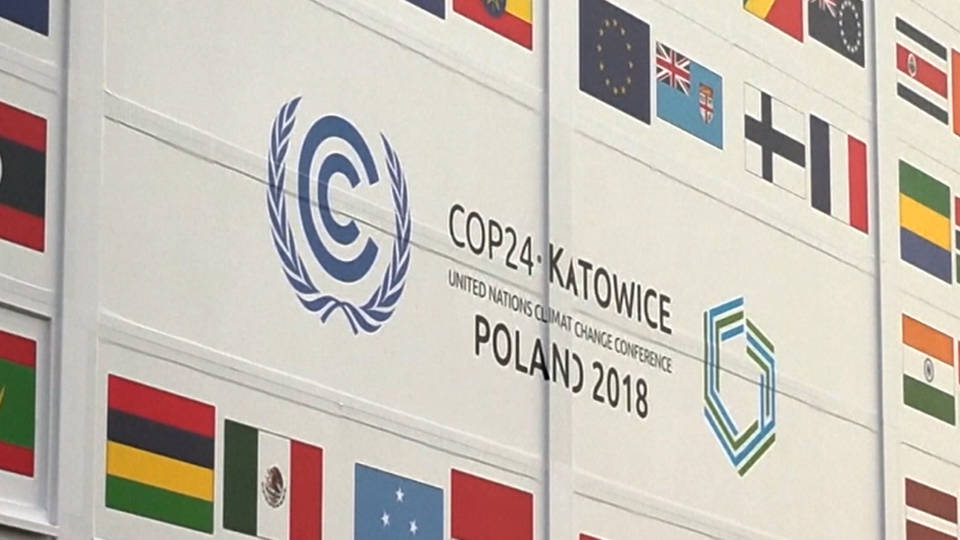Despite experiencing “slow and fragile” economic growth “burdened by structural problems” like high unemployment and inequality, South Africa is scaling up its current ambitious efforts to address climate change.
This was the message Minister of Tourism Derek Hanekom brought on behalf of President Cyril Ramaphosa to the COP24 climate change conference in Katowice, Poland, on Wednesday.
He said the SA government was investing almost 6% of the gross domestic product (GDP) on adaptation measures and that the country has the requisite institutions, accountability and governance systems to make the best use of available financial resources.
“For South Africa, as an African and developing country, achieving specificity on adaptation and finance are overarching priorities at this COP,” said Hanekom.
“We are confident that by drawing on international best practices sourced from conferences such as this, making good use of international support and realising the full potential of our own human and material resources, we will succeed in securing a just transition to a low carbon economy.”
He said the SA government was encouraged by successes achieved so far.
These include the Renewable Energy Independent Power Producers Procurement Programme (REIPPP), which has unlocked in excess of $14bn for power generation. It includes $3.74bn in foreign direct investment.
Hanekom said the programme had already achieved a reduction of 25.3 megatonnes of carbon emissions and the saving of 2.99 million kilolitres of water.
Other achievements he referred to included the Green Transport Strategy, an Energy Efficiency Programme in industry; and a Public Employment Programme focusing on ecosystem reliance and adaptation.
Hanekom emphasised that adequate and predictable finance is required to empower developing countries to enhance their action to address climate change and to contribute meaningfully to the global effort in this regard.
“The link between support and ambition and action is clear and, therefore, our work on the post-2020 finance arrangements should be geared towards ensuring that there is clarity on how this support has been and will continue to be provided to developing countries and how it will be linked to the transparency system and the global stock-take,” he said.
“Climate change poses the single most serious threat to Africa’s development and prosperity. During the past few years SA has experienced devastating weather events. Several regions of our country faced their worst drought in decades. The impact was felt most severely by the poorest and most vulnerable sectors of our society.”
